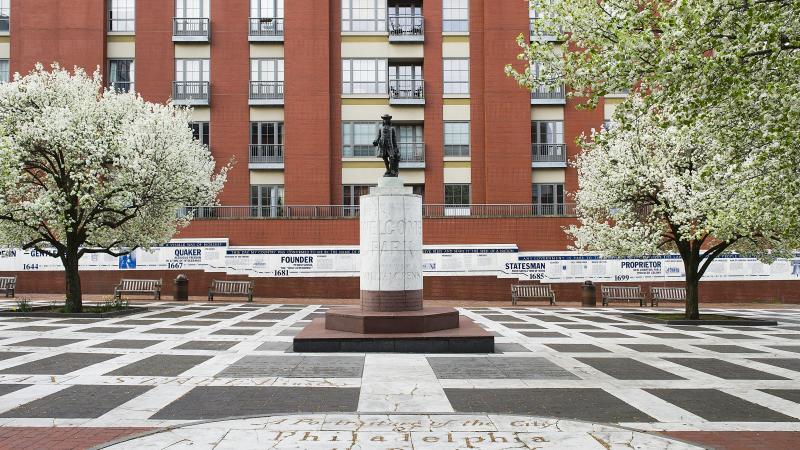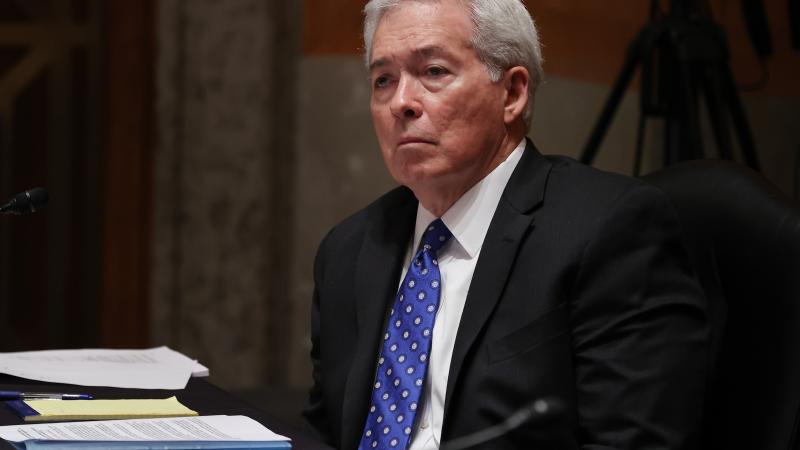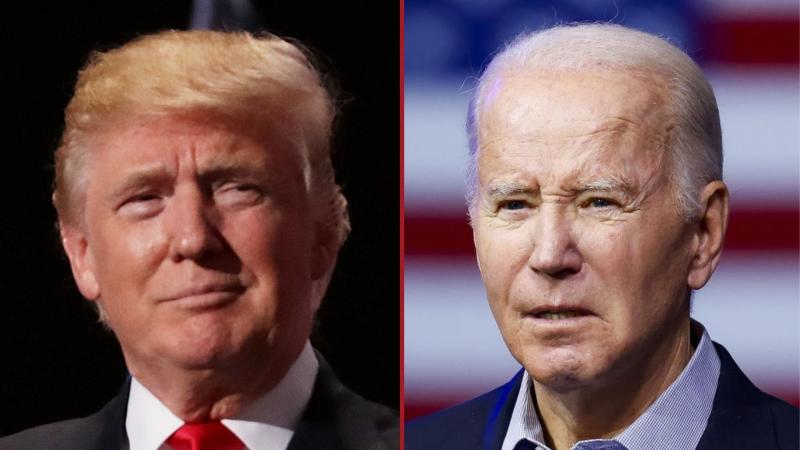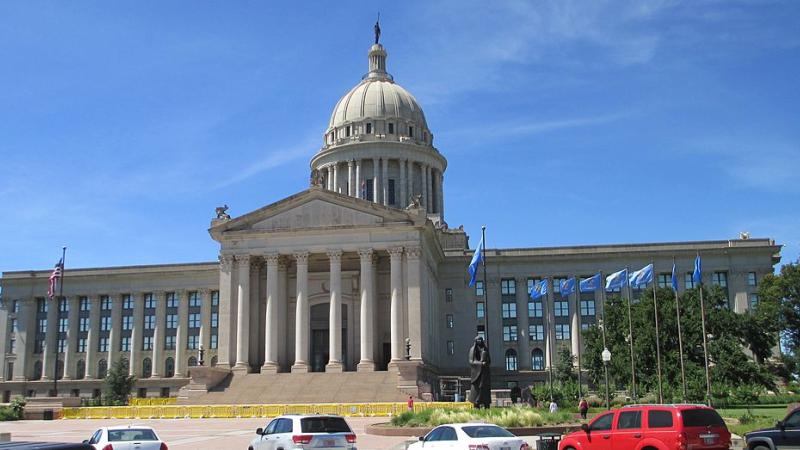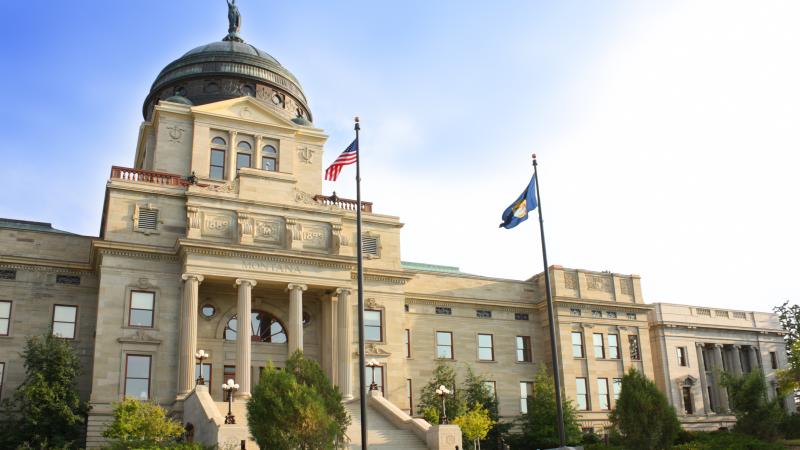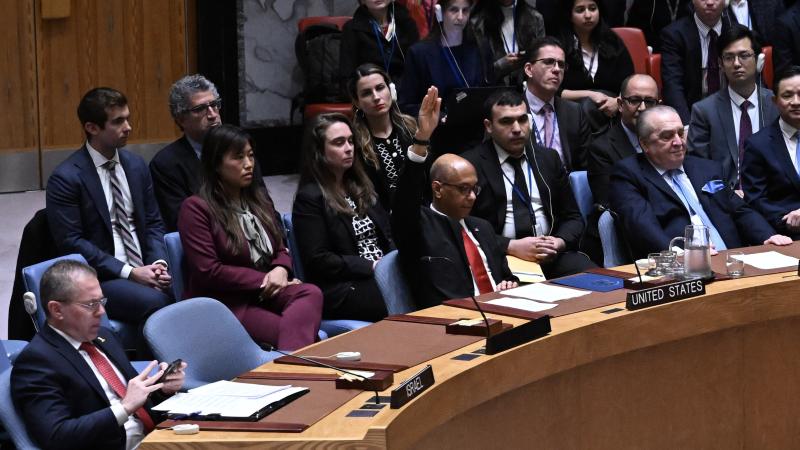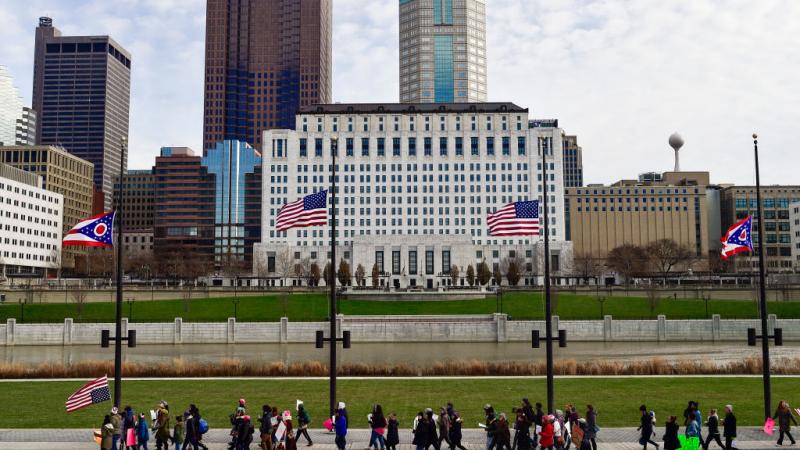Conservative think tank emerges as haven for scholars facing repeated campus investigation
Manhattan Institute adds Harvard's Roland Fryer, Georgetown Law's Ilya Shapiro a week apart. Nascent University of Austin gives second chance to Portland State's Peter Boghossian, Princeton's Joshua Katz at inaugural summer program.
In its early years, the Manhattan Institute produced "the Bible of the Reagan administration" and exposed New Yorkers to economic research on how government policies impede black progress.
The 45-year-old think tank jumped into the culture wars in recent years by challenging progressive narratives on policing and publishing whistleblower documents on anti-racism and critical race theory influence in K-12 schools, bureaucracies and corporate America.
Now it's taking on a new mantle: haven for scholars who endured arguably pre-textual university investigations for their research and viewpoints.
The nascent University of Austin (UATX) could be described as another, hiring philosopher Peter Boghossian as founding faculty months after he quit Portland State University, which had banned him from research in 2019 for tricking academic journal editors into accepting made-up "grievance studies" papers.
Boghossian said he was facing a second investigation for unauthorized research — promoting his book on Twitter — when he quit. He taught at UATX's inaugural summer program this month.
Constitutional law scholar Ilya Shapiro publicly quit the Georgetown University Law School and joined the Manhattan Institute days after the former ended its four-month investigation of his tweet criticizing President Biden's limitation of candidates for a Supreme Court vacancy to black women.
The law school concluded he wasn't bound by Georgetown's discriminatory harassment policy by tweeting before he was an employee. Shapiro concluded the terms of his reinstatement all but guaranteed he would face future investigations whenever students felt offended.
The institute said Shapiro was in "the ranks of scholars leaving academic institutions where free speech is increasingly under attack" when it announced he would lead its constitutional studies.
"At Manhattan Institute, I can speak my mind without looking over my shoulder at what the thought police might say," Shapiro told Just the News Tuesday from his Italian vacation.
The think tank made a similarly momentous but lower-profile hire a week before Shapiro: Roland Fryer, whose honors include the MacArthur "Genius" fellowship and the John Bates Clark Medal for best economist under 40.
The youngest black scholar to earn tenure at Harvard made his Manhattan Institute debut with a Wall Street Journal op-ed that promoted financial incentives for students to recover COVID-19 learning loss, citing his randomized experiments in several heavily black school systems in the late 2000s.
"Our intuition for how to decrease race and gender disparities in the workplace has failed us for decades," Fryer argued last week in Fortune, comparing diversity, equity and inclusion training to the astrology used to explain the bubonic plague.
Fryer is the inaugural fellow in the Paulson Policy Fellowship Program, the Manhattan Institute said. He'll direct a new initiative focused on "policy and private-sector solutions that can foster better schools, safer streets, and more opportunity-rich neighborhoods," particularly in "disadvantaged communities."
Fryer said he was "filled with joy" to continue producing "cutting-edge analyses and recommendations that elevate the quality of life for struggling communities in urban environments across the country." The institute told Just the News Fryer wasn't available for an interview.
Fryer's 2016 research finding no racial bias in officer-involved shootings, featured in The New York Times, first suggested he might become targeted for investigation.
Harvard suspended Fryer for two years and permanently shuttered his education research lab following a #MeToo-era sexual misconduct investigation prompted by his research assistant, who reportedly was on the verge of getting fired for poor performance. Harvard also cited white subordinates purportedly offended by Fryer's jokes.
While suspended he published research finding disproportionate crime spikes in black communities when police pull back in the wake of viral videos.
Though Harvard reinstated his teaching and research duties a year ago, Fryer is subject to "certain conditions" on his teaching by his dean, The Harvard Crimson reported then. He's also barred from advisory or supervisory positions for another year.
Documentarian Rob Montz, who has profiled Brown and Yale for a series on illiberalism in the Ivy League, concluded Fryer was the victim of an "ideological purge" in a short film released this spring, "Harvard Canceled its Best Black Professor. Why?"
Brown University economist Glenn Loury, another Manhattan Institute scholar featured in Fryer's documentary, called his younger colleague "one of the most outstanding black social scientists of his generation."
Harvard went after Fryer because he was "not a domesticated negro," according to Loury. "He didn't make the white people feel comfortable in their soft racism." The documentary shows the young scholar questioning "The Wire" creator David Simon in 2012 for saying quality schools couldn't fix black underachievement.
"The message from Harvard is that Fryer should feel unease in his current position, for any misstep could land him back in academic jail," political consultant Albert Eisenberg wrote in RealClearPolitics, comparing him to Princeton classics professor Joshua Katz, whose criticism of radical campus activism preceded an investigation that got him fired last month. (Katz taught in UATX's summer program, too.)
"The chill of this potential punishment must affect the research Fryer is now conducting — robbing his students, and the American public, of an opportunity to learn more about our most complex social problems," Eisenberg said.
It's not clear what Fryer is currently doing at Harvard. His classes page shows one course taught that's not in the past, but the link doesn't work.
Harvard spokesperson Rachel Dane declined to share the specific conditions he's under, or explain how his situation compared to Shapiro's at Georgetown Law. Loury said he couldn't speculate on why Fryer joined the institute, but "I agree that he's on a short leash" at Harvard.
The Facts Inside Our Reporter's Notebook
Videos
Links
- "the Bible of the Reagan administration
- government policies impede black progress
- challenging progressive narratives on policing
- antiracism and critical race theory influence
- hiring philosopher Peter Boghossian as founding faculty
- Boghossian said he was facing a second investigation
- tweet clumsily criticizing President Biden's limitation of candidates
- he wasn't bound by Georgetown's discriminatory harassment policy
- all but guaranteed he would face future investigations
- announced he would lead its constitutional studies
- Wall Street Journal op-ed
- Fortune
- Manhattan Institute said
- no racial bias in officer-involved shootings
- Harvard suspended Fryer for two years and permanently shuttered
- disproportionate crime spikes in black communities when police pull back
- The Harvard Crimson
- Brown
- Yale
- short film
- RealClearPolitics
- arguably provoked an investigation
- classes page


